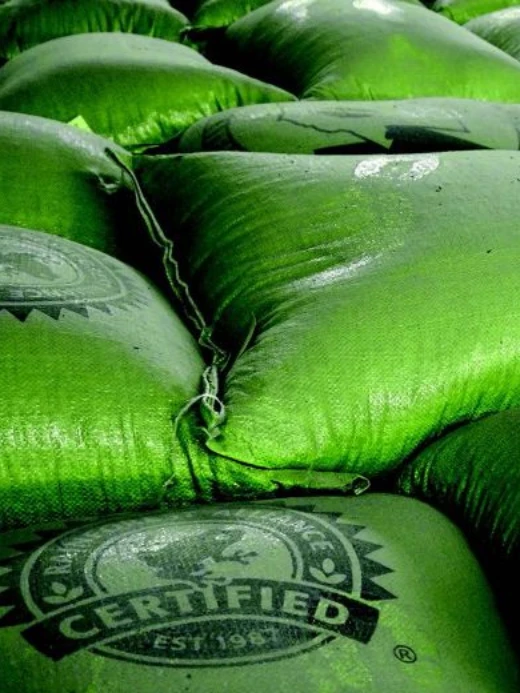Ethical Coffee
Before discussing why ethical coffee is necessary, it’s important to discuss what the term ethical means. Concerning the coffee industry, ethics governs the treatment of workers within the coffee supply chain – including working conditions and payment, starting with the farm workers and right through to the roasting stage.
Ethics in the coffee industry is important because it creates transparency with the customer, letting them know that those who worked hard to put that cup of coffee on the table are well-paid and well-treated.
It also helps to hold those that don’t promote ethical standards accountable – as eco-conscious customers are more likely to buy coffee which they know is ethically sourced, as opposed to coffee that isn’t.
For example, imagine there was a decaf coffee brand called ‘De-caffee’. By being transparent with customers about how they source their coffee, who they source it from and giving examples of how those workers have been fairly paid and treated, it generates a degree of brand trust with customers. This not only leads to an increase in sales but also an increase in pay for all workers. It’s a win-win situation.




